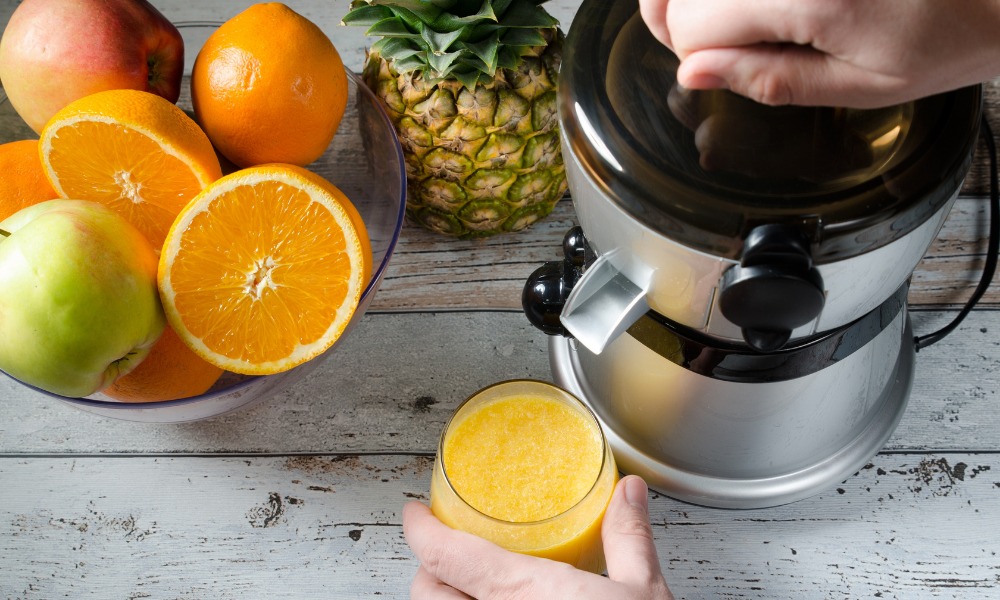No products in the cart.
Blog
Do You Need To Count Calories When Juicing?
Whether you need to count calories when juicing depends on your specific goals and overall dietary approach. Here are some considerations to help you determine if calorie counting is necessary for you:

1. Weight Management Goals
- Weight Loss: If you’re trying to lose weight, counting calories can be helpful. Juices can be low in calories compared to solid foods, but if you’re consuming large quantities or high-calorie ingredients (like avocados or bananas), the calories can add up quickly.
- Weight Maintenance: If you’re maintaining your weight, understanding the calorie content of your juices can help you balance them with other meals.
2. Nutritional Balance
- Juices can sometimes lack certain nutrients, especially protein and healthy fats. If you’re relying heavily on juices, you might want to monitor your overall caloric intake to ensure you’re still meeting your nutritional needs.
- Counting calories can also help you ensure that you’re not missing out on essential nutrients from solid foods.
3. Type of Juicing
- Juicing as a Meal Replacement: If you’re replacing meals with juices, calorie counting can help ensure you’re consuming enough energy and nutrients.
- Juicing as a Supplement: If you’re using juices as a supplement to your regular diet (for example, to add more fruits and vegetables), strict calorie counting may not be necessary.
4. Ingredients Matter
- The calorie content can vary significantly based on the ingredients you use. For example:
- Fruits: Generally higher in calories due to their natural sugars.
- Vegetables: Lower in calories, making them great for juicing.
- Add-ins: Ingredients like nuts, seeds, or protein powders can significantly increase the calorie count.
5. Personal Health Considerations
- If you have specific health conditions or dietary requirements, counting calories might be necessary to manage your overall intake.
- Consulting with a healthcare professional or registered dietitian can provide personalized guidance based on your health status and goals.
6. Intuitive Eating
- Some people prefer to follow an intuitive eating approach, listening to their body’s hunger and fullness cues rather than counting calories. This can work well for many individuals, especially if they focus on whole, nutrient-dense foods.
Conclusion
In summary, counting calories when juicing can be beneficial depending on your individual goals, dietary approach, and how you incorporate juices into your overall diet. If you’re unsure, tracking your intake for a short period can help you understand how juicing fits into your dietary habits and nutritional needs.
